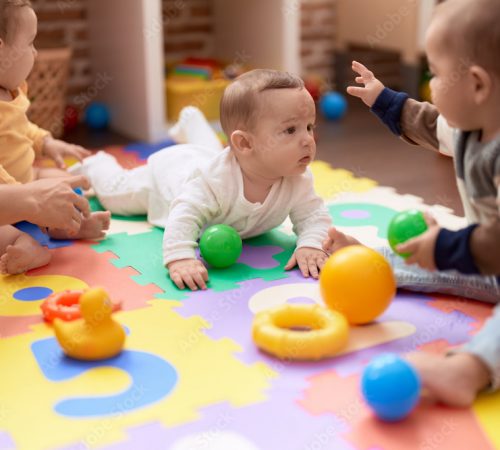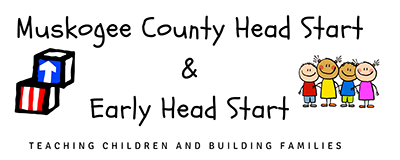About
Head Start is a federal program that promotes the school readiness of children from birth to age five from low-income families by enhancing their cognitive, social, and emotional development. Head Start programs provide a learning environment that supports children’s growth in many areas such as language, literacy, and social and emotional development. Head Start emphasizes the role of parents as their child’s first and most important teacher. These programs help build relationships with families that support family well-being and many other important areas.
We also provide Early Head Start, which serves infants, toddlers, and pregnant women and their families who have incomes below the Federal poverty level.
If families are eligible, they receive free high-quality, comprehensive early childhood services.
Families may appreciate the additional federal oversight, such as higher teacher education and training requirements.
Early Head Start and Head Start promotes school readiness by encouraging parent involvement and through the cognitive, social, emotional, language, and physical development of children.
Head Start aims for every child to be:
- Achieving developmental milestones
- Safe, healthy, and well
- School ready
- Forming positive relationships
Tuition is completely funded with no cost to families that meet any one of the following:
- Meet income guidelines
- Children in foster care
- Experiencing homelessness
- Receive SNAP benefits
- Receiving SSI
Head Start programs may enroll up to 10 percent of children from families that have incomes above the Poverty Guidelines.
At least 10% of our enrollment is reserved for children with a diagnosed disability. We work closely with partners to meet the needs of ALL children.
We support dual language learning students in our classrooms.
Home-Based Programs
Many children and parents receive Early Head Start services right in their own homes! Home visitors come once a week and work with parents and their children. Together, the home visitor and parents watch and think about the child. They plan ways to help the child learn using parent-child interactions, daily routines, and household materials. A small group of children, parents, and their home visitors also gather bi-monthly for group socializations.

Pregnant Mothers
MCHS assists pregnant women in obtaining proper prenatal care and education to ensure the growth and development of their unborn child. We provide support with the following: fetal development, the effects of alcohol and smoking on the fetus, labor and delivery, benefits of breast feeding, postpartum depression, and infant care.

Infants and Toddlers
This program helps parents enrich their child’s development through early learning opportunities, use the home environment as the child’s first learning environment, and reach the family’s goals for success and independence.

Curriculum
We use Partners for a Healthy Baby curriculum, which features materials for home visitors and families that promote child development and family well-being. The curriculum is organized around children’s ages and topics to support both age-appropriate learning and family development.
